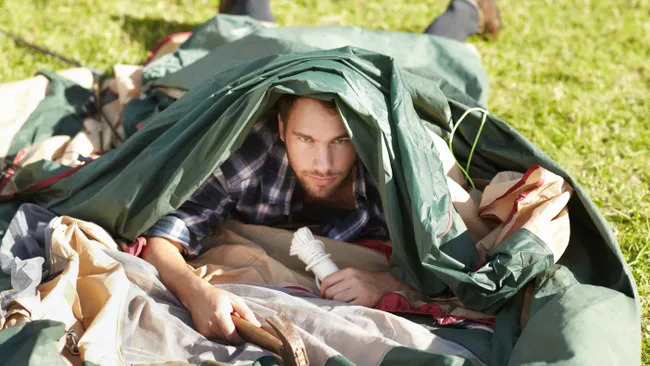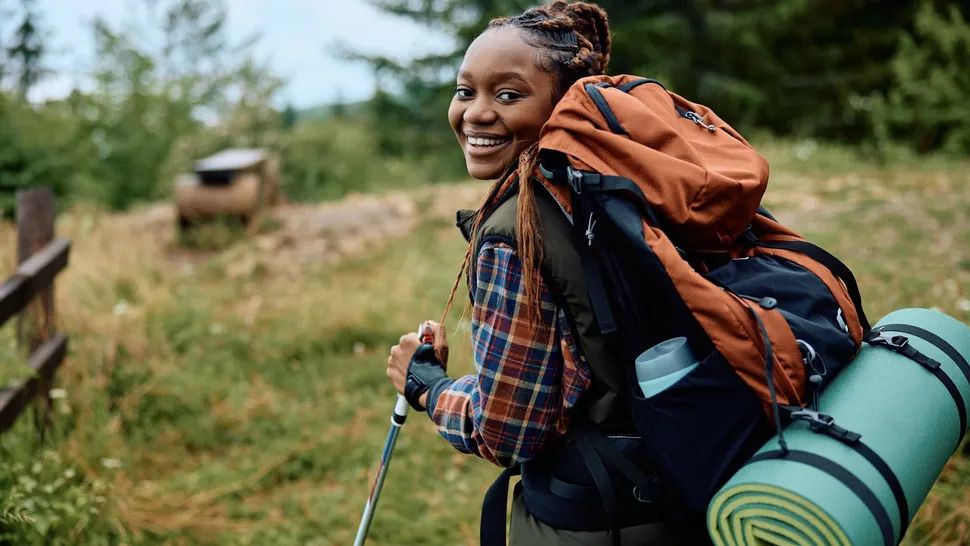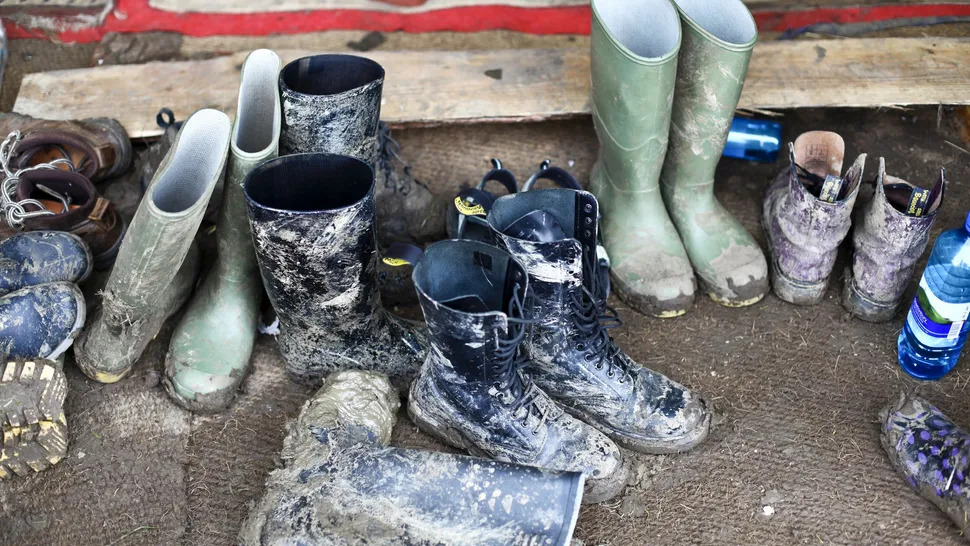Camping expeditions come in all shapes and sizes, from lightweight wild camping adventures to family car camping holidays. However, whatever type of adventure you're planning, there are a few items that you should always leave at home.
Choose a tent that suits your purpose. For wild camping, ensure it’s lightweight. For a family trip, make sure it's large enough with separate areas for sleeping and living. Check old tents for leaks and ensure you have the right poles and pegs. Practice setting up new tents at home before your trip. A tent that is too small, too low, lacks storage or has missing parts can ruin your camping experience.

Sleeping bags are rated for different seasons, so choose one appropriate for the weather. Backpackers need lightweight bags that don't fill the entire rucksack but still keep you warm. Downbags are lighter but lose insulation when wet, unlike synthetic bags. For car camping, weight matters less, but you still need a bag that keeps you warm and performs well when damp. The wrong sleeping bag can lead to a sleepless night.
A good night’s sleep requires a good camping mattress. Ensure your inflatable mattress is puncture-free. Lightweight foam mats are less comfortable; opt for a quality inflatable mattress. Test it at home to ensure it offers adequate comfort and thickness for your weight.

For hiking and wild camping, a heavy rucksack will tire you quickly. Pack essentials for staying warm, dry, and safe but avoid unnecessary extras. If car camping, you can bring more items, but remember it adds to the number of trips from your car to the campsite.
Check your gas canister before leaving to ensure it has enough fuel for your trip. Running out of gas can be a major inconvenience, especially when you need to cook meals or make coffee.
Avoid perishable items like fresh milk, yogurt, or meats. Foods that melt, like chocolate, can be problematic in warm weather. For backpacking, avoid heavy foods like canned goods; opt for dehydrated and lightweight options. Choose easy-to-prepare foods to avoid lengthy cooking after a tiring day.
Avoid taking breakable items like glass or ceramic plates. Choose plastic or lightweight metal alternatives to prevent breakage.
Staying hydrated is crucial, especially in warm weather. While a few alcoholic drinks are fine, excessive drinking can lead to dehydration. Water can be scarce, so prioritize hydration over alcohol.
Ensure all your devices, like phones, GPS watches, or satellite navigators, are fully charged. Bring a power bank and always carry a map and compass as a backup, knowing how to use them.
Avoid leak-prone toiletries or bottled fluids. Leaking liquids can ruin other items in your bag, leaving clothes wet or smelling bad.
Choose clothes that manage sweat and dry quickly. Synthetic baselayers are lightweight and quick-drying but can smell after repeated use; merino wool or other natural fibers are better for minimizing odor. Pack a waterproof jacket and warm layers for sudden weather changes. For footwear, consider the camping environment (wet, dry, muddy, hot, or cold) and choose appropriately, whether it’s hiking boots, trail shoes, hiking sandals, or rain boots. The wrong footwear can lead to significant discomfort.

